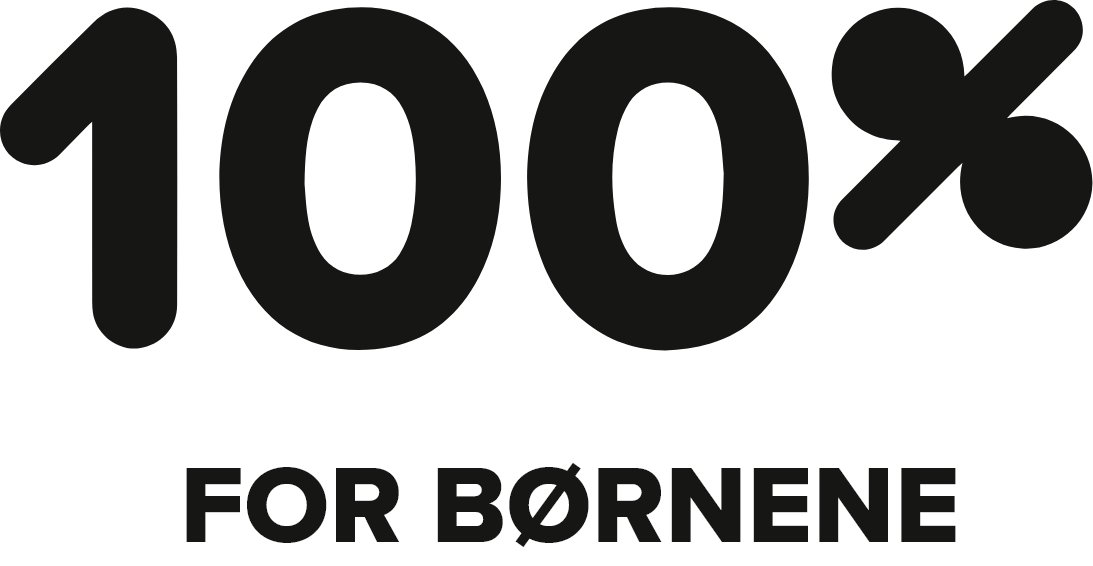Health
According to the World Health Organization, health is a state of complete physical, mental, and social well-being. Health is not a goal in itself, but a resource in everyday life.
DEFINITION
100% for the Children aims to improve access to healthcare and sexual and reproductive health education, targeting street children, young mothers, and marginalized youth, including those with disabilities.
Our programs give children and young people access to fundamental knowledge about health – and especially sexual and reproductive health and rights – so that they can make informed choices now and in the future leading to fewer school drop outs, reduced teen pregnancies and economic empowerment. We also work with menstrual health, mental health for young mothers, and, not least, support for vulnerable families so that children can grow up in a loving and safe environment that ensures children’s development – physically, psychologically, and socially.
HIGHLIGHTS 2023
Young ambassadors break taboos

120
Young ambassadors are trained to empower other youth in sexuality and reproductive rights, which now helps break cultural taboos and stigma around sexual health in communities in Kenya.
Enhanced sexual education

98
Teachers across 49 schools in Kenya have been trained to break the silence on sexuality and reproductive rights in classrooms. Our project has made teachers more comfortable discussing sensitive topics.
Health Inspection

49
Schools have been surveyed for critical areas that require intervention in hygiene and sexual and reproductive health.
Improved sanitation in Ghana

2.020
Young people have improved their sanitation and hygiene in Ghana. 80% of the communities we worked in have reported increased use of sanitary facilities and better hand hygiene.
Menstrual Hygiene

5000
Girls from schools in Ghana have been trained in menstrual hygiene.
Menstrual Cups

1.350
Girls have received menstrual cups in Ghana and Kenya, which has led to a reduction in girls' school absenteeism. An important step for girls' freedom to learn and play throughout the month.
Training and Economic Empowerment in Kenya

17
Schools and 15 women's groups in Kenya have received comprehensive training in sexual and reproductive health. 65 women were economically empowered through the production of pouches for menstrual cups.





